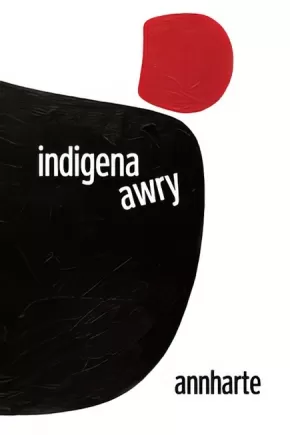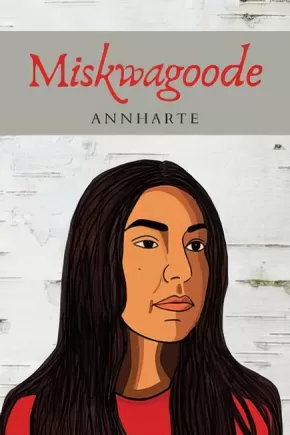Marie Annharte Baker
Annharte, aka Marie Baker, is Anishinaabe (Little Saskatchewan First Nations, Manitoba). She currently lives in Winnipeg where she is a writer, educator, performance artist and cultural arts student.
Books (2)
Synopsis:
NDN word warrior Marie Annharte Baker's fourth book of poems, Indigena Awry, is her largest and wildest yet. It collects a decade's worth of verse — fifty–nine poems.
Set noticeably in Winnipeg and Vancouver, but in many other places on either side of the Medicine Line as well, the poems are a laser–eyed meander through contested streets filled with racism, classism, and sexism. Shot through with sex and violence and struggle and sadness and trauma, her work is always set to detect and confront the delusions of colonialism and its discontents.
These poems are informed by a sceptical spirituality. They call for justice for NDNs through the Permanent Resistance that goes around in cities. This is bruising and exacting stuff, but Annharte is also one of poetry's best jokers.
In Indigena Awry, you can find fictitious girl gangs coexisting with real boy ones. NDN grannies may be found flirting salaciously in some internet chat room. One might use duct tape to prevent a war. You might be worried that hand–signalling for a Timbit on an airplane flight will be considered a terrorist act.
Annharte may be seam–walking a singular path but she is not without allies. In the United States, they could include Leslie Marmon Silko and Chrystos. In Canada, Beth Brant and Gerry Gilbert. The jazz inflections of Beat writing are often apparent in her work. She swings from a poetic madness into a mad poetics. Way under it all, acting as a deep sort of platform, could be considered the Kenyan writer Ngugi wa Thiong'o's project of decolonizing one's mind. Both sketch out an argument that we will not see, feel, or respond correctly in or to our own lives without doing this, because otherwise we will be living within a philosophical myopia generated by a bad fiction.
While Indigena Awry is written for NDN persons, it is highly recommended for truth–seekers of every nature and anarchs of word and spirit. In an Annharte poem you might lose your way only to find what's important.
Synopsis:
Taken from the Anishinaabe word for "woman," Miskwagoode is a lyrical portrayal of unreconciled Indigenous experience under colonialism, past and present.
Annharte is Miskwa, and so is Annharte's mother, who disappeared when the author was a girl. Miskwagoode is Annharte's book about her mother loss, her “mothermiss,” about all the women “buried in common enough/ cross-generational graves.”
Laced with humour and resilience but also hard-earned wisdom (“ominous progress ahead”), Annharte's fifth collection encompasses the poet's experiences as an Anishinaabe Elder, now experiencing the still-endemic inequalities of persisting colonialism, “witness not survivor.”
In her sly, cheeky riffs on life behind the “buckskin curtain” at the margins of settler society, Annharte talks about granny circles, horny old guys, and getting your hair done — the belonging her community offers. But she sets these poems about rez life against the background radiation: the poverty and the sickness, despair, violence, sexism, and sexual abuse that flow from unequal relationships.
Miskwagoode concludes with “Wabang,” a suite of short poems comprising Annharte's own thumbnail transcontinental Indigenous mythology.
Additional Information
80 pages | 6.00" x 9.00" | Paperback








